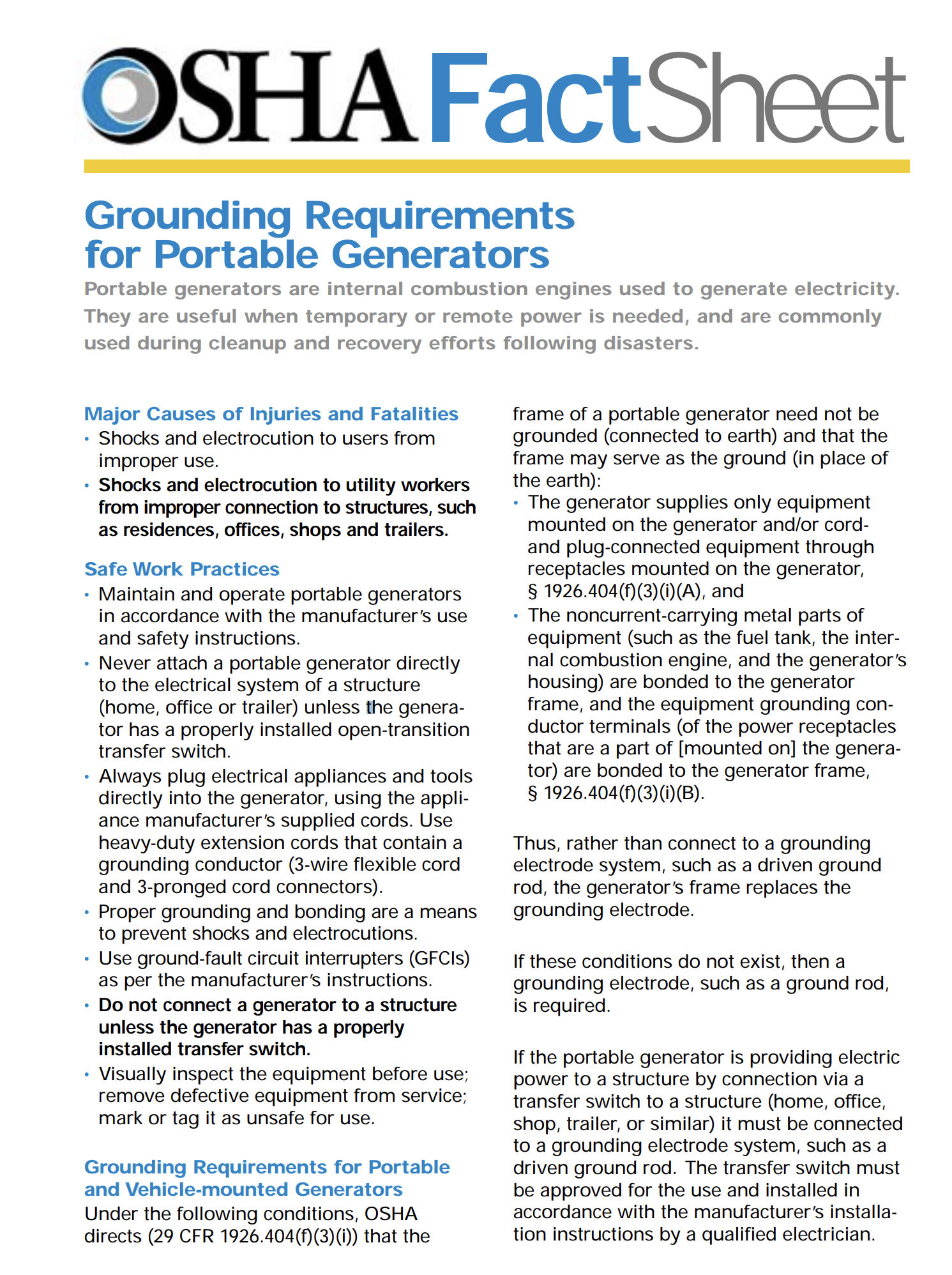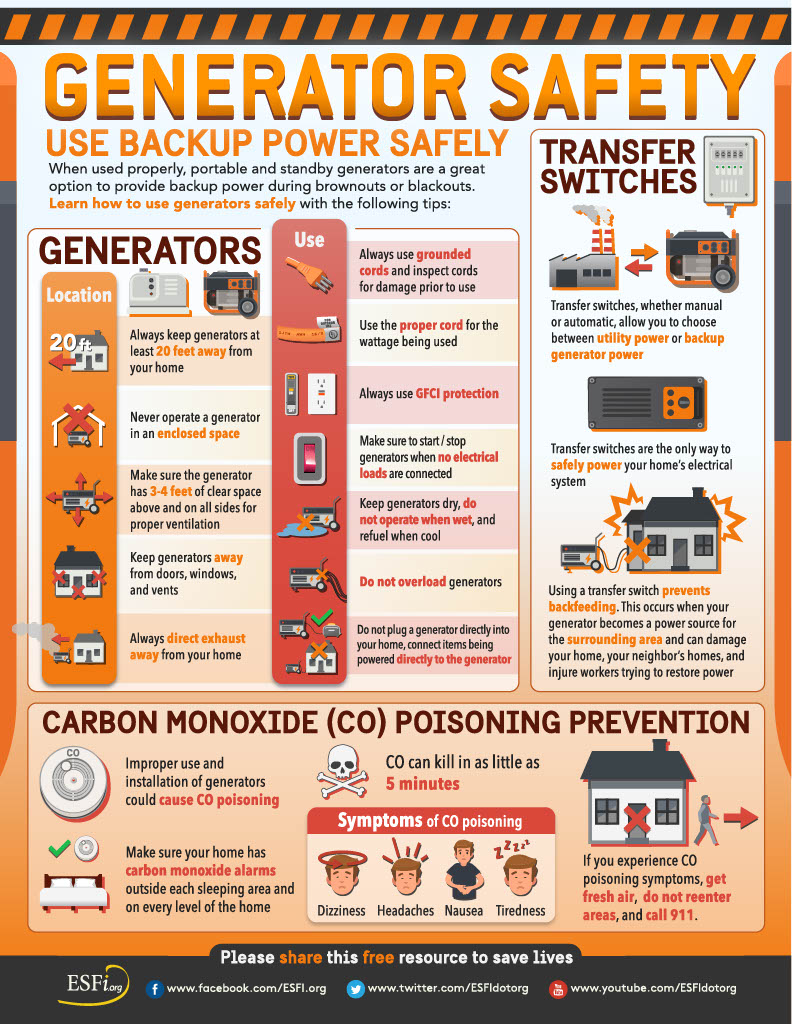Why Code Compliance Matters for Electrical Energy Storage Systems (EESS)
Electrical Energy Storage Systems (EESS) are rapidly becoming an essential component in residential construction, especially as the demand for renewable energy solutions grows. These systems store power from renewable sources or the electric grid, ensuring energy availability during outages or peak demand. However, their design and installation must adhere to strict safety and performance standards. This blog aims to provide a comprehensive guide on ensuring EESS compliance with residential building codes and standards.
Key Code Compliance Standards for Electrical Energy Storage Systems
International Residential Code (IRC) and International Energy Conservation Code (IECC)
The 2015 IRC and IECC include provisions regarding the duties of building officials and compliance requirements for alternative materials and systems. Key sections include:
- R104 Duties and Powers of Building Officials: Authorities can adopt policies for clarifying code application.
- R104.11 Alternative Methods and Materials: Building officials may approve alternative designs or materials, provided they meet safety standards.
- R103.2/N1101.5 Information on Construction Documents: Construction documents must detail EESS specifications, including:
- Type, design, and size of the system
- Electrical layout and wiring
- Emergency shut-off controls
Installation and Testing Requirements for EESS
Stationary Battery Systems (R327)
A new chapter in the IRC—R327 Stationary Battery Systems—outlines mandatory requirements for residential EESS installations:
- Equipment Listings (R327.2): Systems must be listed and labeled for residential use in accordance with UL 9540.
- Exceptions are provided for repurposed batteries from electric vehicles and small systems under 1 kWh.
- Installation Standards (R327.3): Systems must follow manufacturer guidelines and cannot be installed within habitable spaces.
- Electrical Installation (R327.4): All systems must comply with NFPA 70 (National Electrical Code). Inverters must be listed to UL 1741 or included in the UL 9540 listing.
- Ventilation Requirements (R327.5): Indoor systems producing flammable gases during charging require ventilation per M1307.4.
- Impact Protection (R327.6): Systems in areas prone to vehicle impact must be protected with approved barriers.
Inspection Protocols for EESS Installation
Field Inspections (2015 IECC and IRC R104/R109)
All EESS installations must undergo inspection to ensure compliance with approved construction documents. The required inspections typically include:
- Foundation and framing
- Electrical rough-in
- Final inspection
Building officials may request additional inspections as needed, especially for non-standard or alternative systems.
Challenges in Ensuring Code Compliance
Lack of Specific Requirements in Older Codes
Although the 2015 IFC addresses some aspects of EESS, earlier versions of the IRC lack specific guidance. This can complicate approval processes for newer technologies. Builders and code officials must rely on:
- UL 9540: Testing and performance standards for energy storage systems
- NFPA 70: Detailed requirements for electrical safety and system disconnection
Best Practices for EESS Design and Installation
Ensure Documentation Completeness
Include detailed construction documents specifying:
- Energy capacity (kWh)
- Battery type and safety ratings
- Emergency and maintenance access points
Collaborate with Code Officials Early
Early communication with local code officials helps prevent delays and ensures that alternative designs are acceptable.
Follow Manufacturer Instructions Rigorously
EESS installations must adhere to manufacturer guidelines, including spacing, ventilation, and electrical integration.
Conclusion
As the adoption of Electrical Energy Storage Systems grows, ensuring compliance with safety codes is critical for protecting homeowners and maintaining system reliability. Staying up-to-date with the latest code changes, such as the evolving provisions in the IRC and NFPA 70, is essential for builders, designers, and inspectors.
For immediate service or consultation, you may contact us at Allied Emergency Services, INC.
Contact Information:
- Phone: 1-800-792-0212
- Email: Info@AlliedEmergencyServices.com
- Location: Serving Illinois, Wisconsin, and Indiana with a focus on the greater Chicago area.
Disclaimer: This article is intended for informational purposes only. For professional advice, consult experts in the field.










